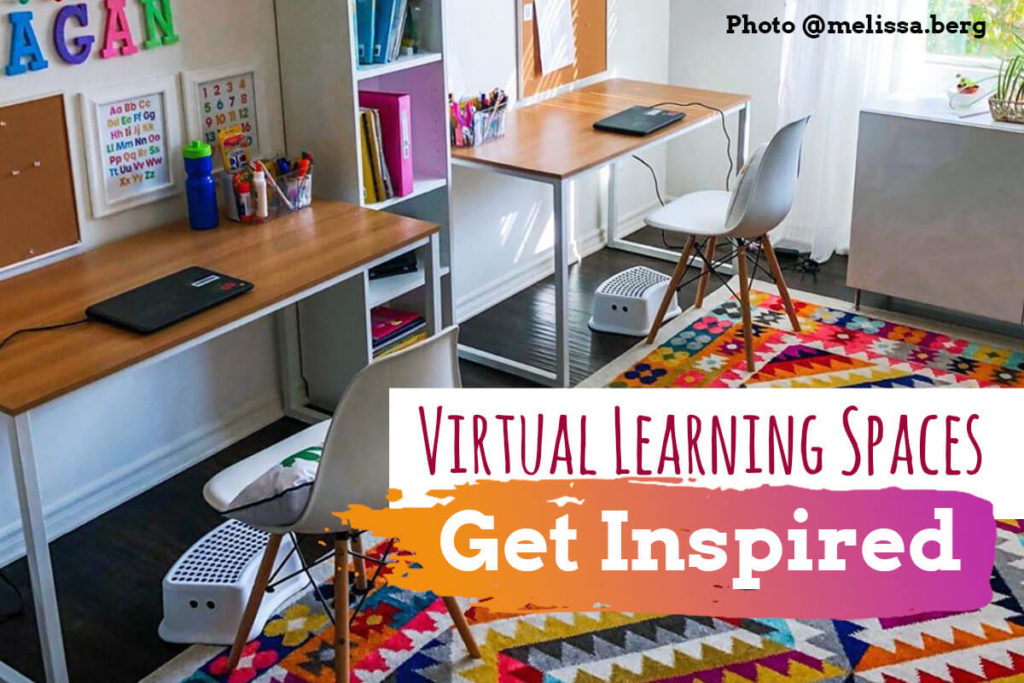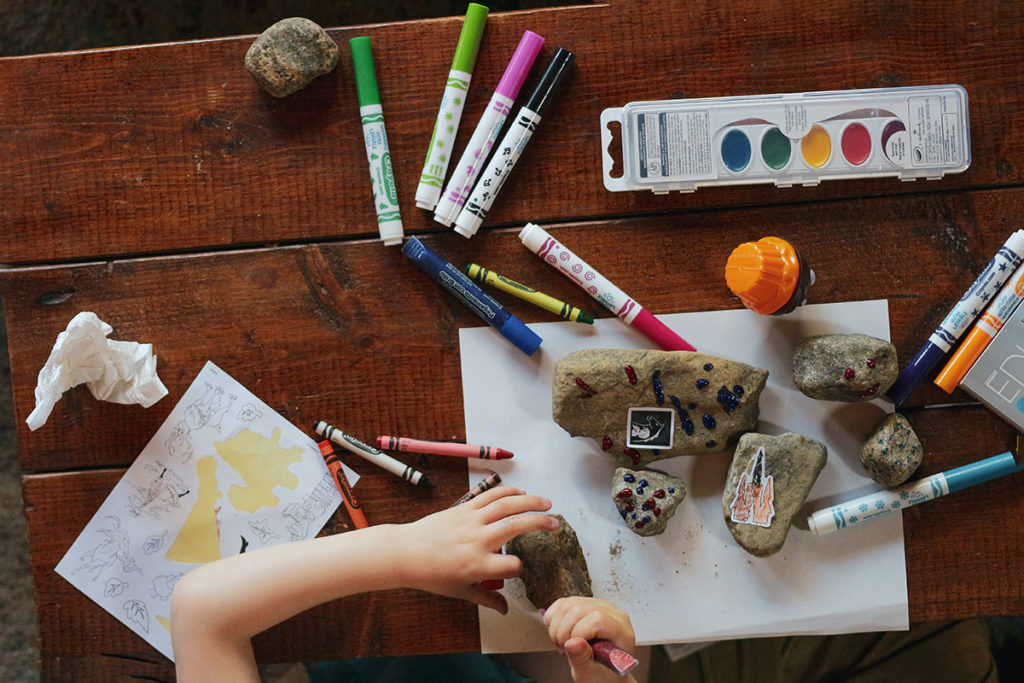
Every parent knows how tough raising a kid can be. You may know what’s best for them, but how do you get them to understand that?
If you want your children to value education, follow the tips below from Arts and Bricks for being the role model that instills a love of learning in your kids.
Be the Example
According to studies noted in Verywell Family, children imitate adult behavior. If you tell your kids that education is essential but then treat education dismissively in your life, it sends your children mixed signals. Your youngsters are more likely to follow your word if you can back it up with action.
If you’ve always wanted to go back to school and increase your skills but are refusing to take the first steps, you’re subtly modeling to your children that it’s not possible to succeed at goals. Take a moment to reflect on this and then instead imagine the lessons you’ll be teaching your children by moving forward with your educational pursuits or entrepreneurship dreams.
Talk to your kids about their future goals and how pursuing their dreams are 100% worth it. Show them you mean it by chasing after your passions, too. You’ll motivate your kids by telling and showing them how education is the vehicle to future success.
If you decide to go back to school, there are many options for parents who want to pursue a degree. From local technical school courses to online degrees and certificates, there are many, many options.
Make sure to do your homework to find the right course that aligns with your personal career goals. Read reviews about course curriculums, speak with past graduates, and connect with individuals already working in your dream job or field. Ask him/her/they questions about what skills or training he/she/they think would be best for you.
Tech-savvy learners can pursue an online computer science degree to learn about significant areas of IT, including cybersecurity, data management, scripting, or programming. There are also coding boot camps, such as Actualize, that can teach you the skills required to make a career shift to programming in less than a year. Going the IT route is undoubtedly worth the investment; the median annual wage for computer and information technology occupations was $91,250 in May 2020, according to the U.S. Department of Labor, which was higher than the median yearly wage for all fields of $41,950.
Emphasize the Importance of Education
Experts agree that education is vital for children to be able to think critically. Early on, children do not have the experience to understand the value of education, and even as teenagers and young adults, the importance of education is often underappreciated.
However, as a working adult, it’s much easier to look back on your adult life and see why and how your education helped you along the way. Experts agree that one of the best ways to teach your youngsters the value of learning is to expose them to learning opportunities constantly.
All kids have their interests and values. Find out what captivates your children, and then use it to cultivate an interest in learning.
For example, if your child loves building with LEGO bricks, look for local robotic camps, seek out or start your own First Lego League (an extracurricular club for youth age 4 to 16), or register your children for engineering and coding workshops and camps. Exploring what activities local colleges and universities offer for youth in your area is a good start, too. In this scenario, your children participate in something fun while learning and making friends that value the same things they do.
Cultivate a Learning Environment
Sometimes, parents struggle to remember what motivated them to learn. If it’s been a long time since grade school, don’t worry — it’s not as difficult as you might think to cultivate a learning environment. Consider creating a dedicated space for your children to study, a space decluttered with plenty of natural light. This area is essential for those learning remotely, as they’re in the room for more extended periods. If your youngsters become distracted quickly, keep the space as simple as possible.

Keeping books around the house also encourages learning. Reading books encourages children to explore new interests and to express themselves creatively.
Take time to read together. Choose books that spark the imagination. As a parent, you can choose to read books that are still too difficult for your child to read to themselves. Reading aloud helps build your child’s vocabulary and exposes your children to complex sentence structures and detailed story plots.
My parents read C.S.Lewis’s Narnia series to me, and now I’m reading Narnia to my children. Narnia‘s epic adventure is captivating for elementary-aged children, and now there are superbly produced movies to watch together after reading the books!
Give Your Children Agency
A part of growing up is learning to be self-sufficient; as age-appropriate, make sure to let your kids take the reins on their experience. While as a parent, it is your job to guide your children and create a controlled, safe environment, you also want your children to feel as though they can freely explore their interests. Independent children begin to find personal reasons to be successful.
At our home, my elementary-aged children enjoy art, LEGOs, and cooking. Some of my most cherished moments are listening to my children self-initiate LEGO builds, kitchen experiments, and artistic crafts. My children are always so proud of their creations. They often ask for pictures to be taken of their designs and shared online with family and friends.

We encourage this learning behavior by allowing our children to make messes and use art supplies without parental supervision. We’ve set rules for where they can play and explore with messy materials and where they cannot, and because they appreciate this freedom, they follow and respect our established rules.
A child’s education is critical to success as an adult. Even currently unmotivated youngsters can grow to love learning. Expose your kids to learning opportunities, cultivate the best environment, and allow enough independence for your children to explore personal interests.
Thank you to Jenny Miller for guest writing this post with Kelly Barkhurst
Jenny Miller
Jenny is a retired teacher. During her time with students, she saw firsthand just how plugged in they were. She made it her goal to encourage her students to unplug and get outside, and she continues that pursuit now for people of all ages through her site to end Nature-Deficit Disorder (NDD).
Kelly Barkhurst
Kelly has a joyful, artistic, entrepreneurial soul. As an observant design thinker, she is both a lifelong teacher and student. The Arts and Bricks brand is Kelly’s creative outlet and has become the unique way she’s engaging her children in her design work. Her family builds LEGO projects together and writes LEGO set reviews; together they choose music for videos and spend hours crafting. They take nature walks and perfect playdough recipes. Kelly’s Arts and Bricks blog captures the intentional inclusion of art and exploratory play in her family’s lives.
Do you have additional ideas for paving the way for our children’s bright educational future?
We’d love to hear your ideas. Please comment below.
Arts and Bricks creates and produces unique products featuring children’s artwork and brick-built creations featuring LEGOs — even your own child’s designs! Find out more today.
Leave a Reply